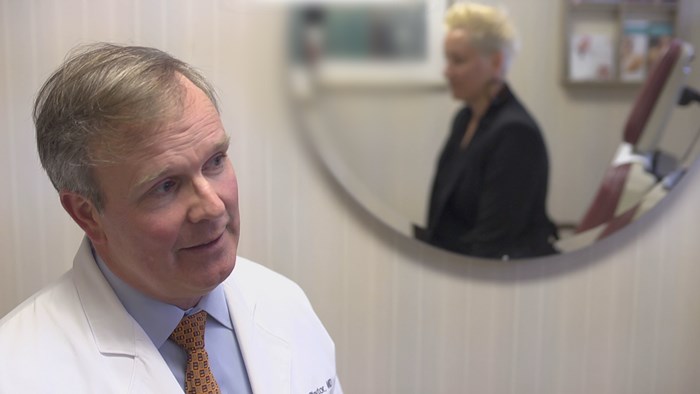How to Avoid Common Mistakes When Selecting Your Plastic Surgeon

Arlington Heights, IL – The most important factor in plastic surgery – the one that determines your safety and outcome – is your choice of plastic surgeon. As thoughts of swimsuits at the beach can prompt resolutions for self-enhancement, the American Society of Plastic Surgeons is providing 8 essential tips for finding the right plastic surgeon and questions to ask during your consultation when considering surgical, as well as non-invasive, cosmetic treatments.
Not all physicians are created equal
Choose a surgeon who has been certified by the American Board of Plastic Surgery (ABPS)—one of 24 boards that make up the American Board of Medical Specialties (ABMS). The ABPS issues certifications based on rigorous criteria, including 6 to 9 years of training dedicated to plastic surgery. All members of the American Society of Plastic Surgeons are board-certified by the ABPS.
Legally, any licensed physician can perform surgical procedures and advertise him or herself as a "cosmetic surgeon." The term "cosmetic surgeon" is not recognized by the American Board of Medical Specialties.
Avoid cosmetic conveyor belts
Know who will be performing your procedure. Consultations are important – you should know who will be performing your procedure, and that surgeon should know you. Think twice about signing up for any elective procedure that will be performed by whoever happens to be working that day.
Don't be persuaded
When a doctor tries to convince you to undergo additional procedures, this should raise a red flag. During a consultation with a board-certified plastic surgeon, you'll discuss why you want the procedure, your expectations and your desired outcomes. It's your surgeon's responsibility to detail her or his experience and provide options to help you achieve your goals.
Beware of the bargain
Plastic surgery is real surgery, and the least-expensive operation is the one performed correctly the first time. Severely discounted rates could mean the surgeon has cut costs on properly trained support staff, like a certified anesthetist, or operates in a non-accredited facility.
Ask about accredited facilities
Board-certified plastic surgeons only operate in accredited ambulatory facilities or hospitals, which are equipped to respond to medical emergencies. This is your assurance that the medical team has the support, training and equipment to respond to life-threatening situations.
Know your surgeon's definition of beauty
Ask for before-and-after photos and examine them carefully. Every plastic surgeon has his or her own aesthetic sense of beauty. Make sure your own idea of beauty is a match.
Ask for a second opinion
Seek a consultation with other board-certified plastic surgeons. Ask for patient references. Family and friends can be great resources too.
Know the three R's – Results. Recovery. Risk.
You should feel comfortable with the expected results based on your surgeon's before-and-after photos and what has been communicated about your unique features. Understand that all operations require downtime, but be prepared for what the initial 24-48 hours may entail and the long-term prognosis. Every procedure involves risk. Be sure your surgeon communicates how she or he is trained to avoid particular risks and mitigate certain complications.
About ASPS
The American Society of Plastic Surgeons (ASPS) is the largest organization of board-certified plastic surgeons in the world. Representing more than 11,000 physician members worldwide, the society is recognized as a leading authority and information source on cosmetic and reconstructive plastic surgery. Founded in 1931, the society represents physicians certified by the American Board of Plastic Surgery or the Royal College of Physicians and Surgeons of Canada.
Media Contact
ASPS Media Relations
(847) 228-3333
media@plasticsurgery.org
